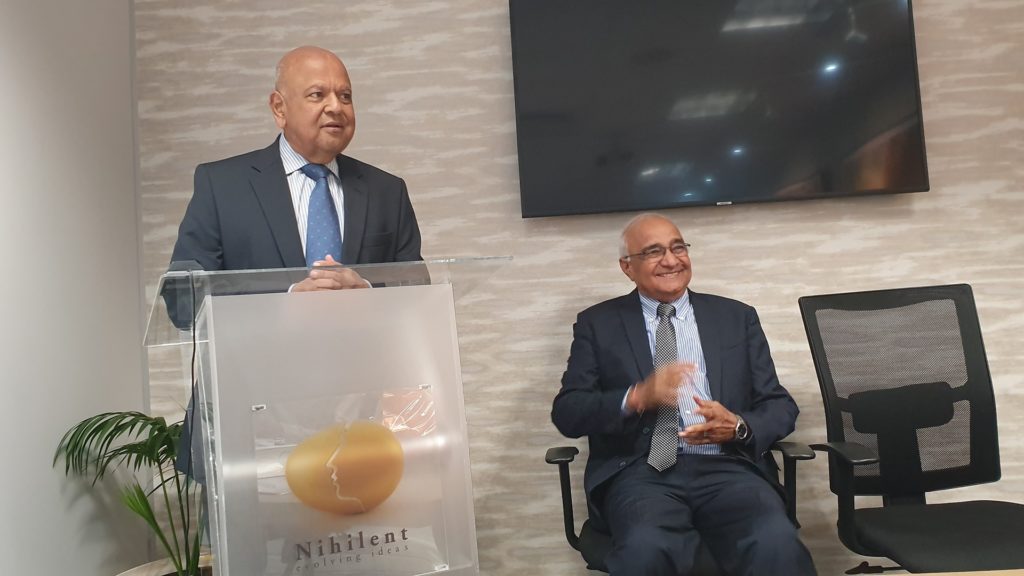Nihilent, a global IT service management company has officially opened the first ‘UX’ User experience lab in Africa. The lab will cater to all business types and verticals B2B and B2C product/content validation— driving projects, facilitating design workshops and bringing to market the next big disruption. The lab is located at Bryanston in South Africa.
The lab uses an original designing thinking outline and analytical tools to identify cognitive, emotional and non-verbal modalities of user experience, with the goal of further humanizing the interaction between users and technology. The lab is home to teams of psychological professionals that work closely with customers to continually enhance user experience.
Jeremy Ord, Nihilent Chairman, said, “We are thrilled to have chosen South Africa for our second UX Lab in the world. We believe South Africa has the skills base to support our vision for the lab. South Africa’s emerging economy has tremendous growth potential and we are fully equipped to offer innovative products and services to our customers in the region.”
Founded in 2000 with headquarters in Pune India, Nihilent is a global consulting and services company that uses design thinking to deliver a personalized and enthralling experience. Nihilent provides a comprehensive range of process and technology-led transformation services leveraging advanced analytics, artificial intelligence, blockchain, business intelligence, data science, cloud services, IoT, and machine learning.
See Also: Linum Labs, ETHGLOBAL AFRICA Calls for Submission
LC Singh, Nihilent Executive Vice Chairman said, “If you want to build brand affinity for either product or services, you need to give customers an experience, something memorable they can connect with and relate to. In a hyper-connected world, that’s your currency. Customer loyalty is a misnomer in the experience economy.”
Gunendra Patil, Chief Technology Officer said, “Design thinking reduces the ambiguity in innovation by involving the customers on prototypes to find, test and improve concepts. Funneling towards the pilot is efficient as learnings are derived from simulated environments and not static data. The user experience trend goes beyond the inclusion of just bells and whistles. From the proof of concept to prototype, empathy and understanding are key to enhancing the usability of the product/solution and customer. If businesses want to continually innovate, they must learn to think in UX.”
More On TechGist Africa
- Conlog, Tshimologong Launches Blockchain Incubation Programme
- Colorado Lawmakers Explore Blockchain Technology in Agriculture
- CDC Group Invests $180 million for an 8% Stake in Liquid Telecom
- Cape Innovation & Technology Initiative Calls for Submission
- Frogfoot Launches Free Fiber in South African Schools
